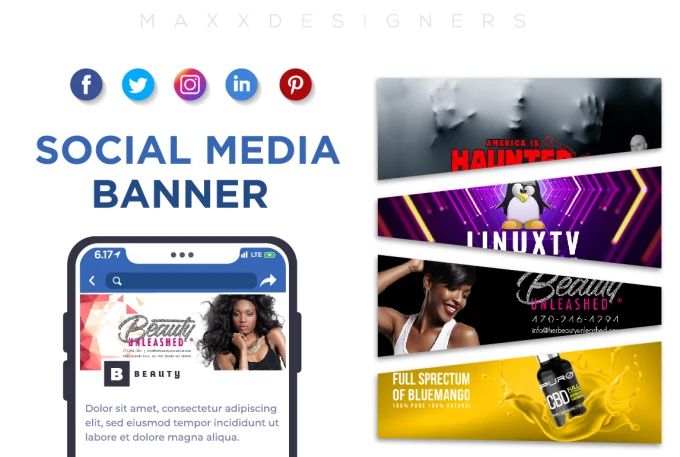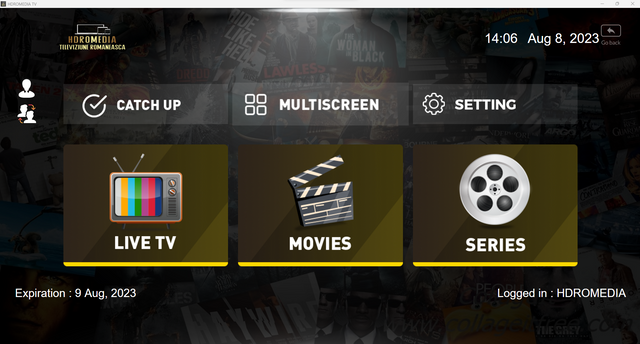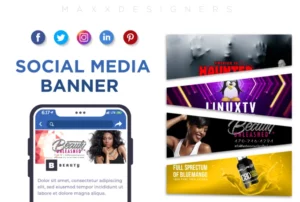Harnessing Visual Content in the Digital Age
In today’s digital age, where information is constantly at our fingertips, harnessing the power of visual content has become paramount for individuals, businesses, and organizations alike. Visual content, which includes images, videos, infographics, and more, has emerged as a potent tool for conveying messages, telling stories, and engaging audiences in ways that text alone cannot. This evolution has been driven by the rapid advancements in technology, the proliferation of social media platforms, and changing consumer preferences. Let’s delve into the importance of harnessing visual content and explore its various facets in this ever-evolving digital landscape.
1. Capturing Attention and Conveying Messages
One of the primary reasons visual content is indispensable in the digital age is its ability to capture attention quickly. In a world inundated with information, people often skim through content, giving only a few seconds to decide whether it’s worth their time. Visuals can deliver information faster and more effectively than text. A striking image or an engaging video can convey a message, evoke emotions, or tell a story in mere moments, making it an invaluable asset for marketers and content creators.
2. Enhancing Brand Identity
Visual content plays a pivotal role in shaping a brand’s identity. Consistent and well-designed visuals create a memorable impression and reinforce brand recognition. Logos, color schemes, and the overall aesthetic of visual materials contribute to building a brand’s personality and reputation. Brands can leverage visual content to convey their values, mission, and unique selling points, helping them connect with their target audience on a deeper level.
3. Leveraging Social Media
Social media platforms have become the epicenter of visual content consumption. Users scroll through endless feeds, and visually appealing content stands out amidst the noise. Visuals help increase engagement on social media, whether it’s through eye-catching graphics, captivating short videos, or striking photos. Moreover, the shareability of visual content allows messages to reach wider audiences, contributing to brand visibility and awareness.
4. Storytelling and Emotional Engagement
Visual content excels in storytelling and emotional engagement. Whether it’s through a heartwarming video, an inspiring image, or a compelling infographic, visual content can evoke a range of emotions. Emotional engagement is crucial for forging connections and fostering brand loyalty. Effective visual storytelling can turn viewers into loyal followers and customers who identify with a brand’s values and narrative.
5. Accessibility and Inclusivity
The digital age has also brought increased awareness of the importance of accessibility and inclusivity. Visual content can be adapted to cater to diverse audiences, including those with disabilities. Alt text for images, captions for videos, and ensuring readability of text in visuals are steps towards making content accessible to all, fostering inclusivity, and adhering to web accessibility standards.
6. Data Visualization
Visual content is instrumental in making complex data more comprehensible. Data visualization through charts, graphs, and infographics can distill vast amounts of information into easily digestible formats. This aids decision-making processes, helps in conveying statistics effectively, and allows individuals and organizations to make data-driven decisions.
7. SEO and Search Visibility
Search engines favor websites that incorporate visual content. Optimizing images and videos with appropriate keywords and tags can boost a website’s search visibility. This not only attracts organic traffic but also enhances the overall user experience, as visual content can complement the written text, making the content more engaging and informative.
Conclusion
In the digital age, visual content has become a vital instrument for conveying messages, enhancing brand identity, engaging audiences, and driving growth. Its power lies in its ability to capture attention, tell stories, evoke emotions, and make complex information accessible. As technology continues to evolve, harnessing the potential of visual content will remain essential for individuals and businesses seeking to thrive in the dynamic digital landscape. By understanding its significance and staying attuned to the ever-changing trends, we can make the most of visual content’s transformative capabilities.










Post Comment